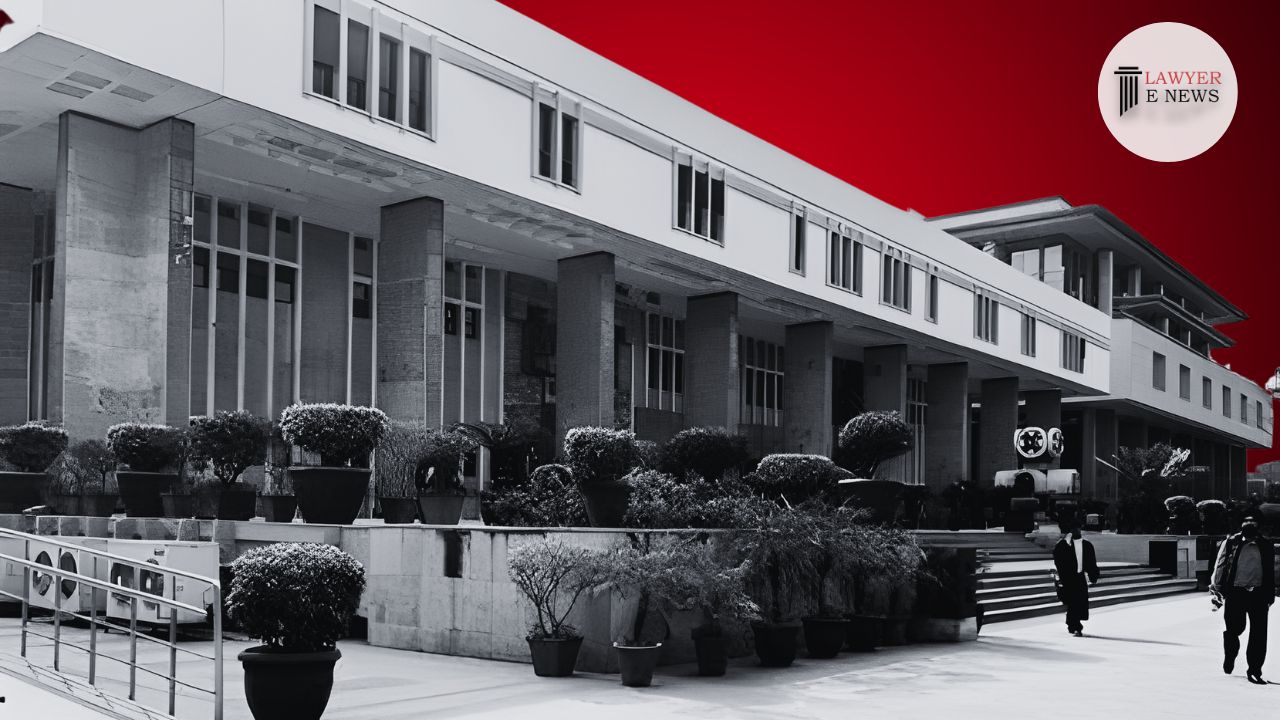-
by Admin
15 February 2026 5:35 AM



In a significant ruling, the Delhi High Court has acquitted Raj Kumar, who was previously convicted for dowry death and cruelty towards his wife, Vandana Sharma. The court found that the prosecution failed to establish guilt beyond reasonable doubt, highlighting inconsistencies and lack of credible evidence. This judgment overturns the 2002 verdict by the trial court, which had sentenced Raj Kumar to rigorous imprisonment.
The case revolved around the tragic death of Vandana Sharma, who died from 100% ante mortem flame burns on July 6, 1999, within three years of her marriage. Raj Kumar and his brothers were charged under Sections 304B (dowry death) and 498A (cruelty) of the IPC. The trial court convicted Raj Kumar, sentencing him to 10 years of rigorous imprisonment for dowry death and 2 years for cruelty, while acquitting his brothers. The State did not challenge the acquittal of the co-accused.
Delay in FIR Registration:The defense argued that the delay in registering the FIR indicated false allegations. The incident occurred on July 6, 1999, but the FIR was filed only on July 12, 1999. The court noted that while the initial delay could raise suspicions, the hospital intimation and police diary entries were made promptly. The delay in recording witness statements was attributed to procedural issues rather than deliberate falsehood.
Demand for Dowry:The court closely examined the allegations of dowry demands and harassment. Testimonies from the deceased’s brothers were found to be inconsistent and largely hearsay. The court noted, “The prosecution has failed to prove the two alleged incidents beyond reasonable doubt.” Furthermore, the non-examination of key witnesses, such as Sunita who allegedly witnessed the abuse, undermined the prosecution’s case.
Witness Testimonies: Justice Manoj Kumar Ohri emphasized the necessity of reliable and consistent testimonies in criminal prosecutions. The court found that the brothers’ statements were contradictory and lacked direct evidence. Their claims about physical abuse and dowry demands were not substantiated by material evidence or corroborated by other witnesses.
Material Contradictions:Several contradictions in the brothers’ testimonies were highlighted. For example, one brother mentioned an incident involving the appellant hitting the deceased with an iron press, but this was not corroborated by direct witnesses or supporting evidence. Similarly, allegations about a Rs. 10,000 dowry demand were inconsistent and lacked documentary proof.
Justice Ohri stated, “On a careful examination of the entire evidence that has come on record, this Court is of the considered opinion that the prosecution has failed to prove the two alleged incidents beyond reasonable doubt against the appellant.” He further observed, “The witnesses have failed to mention any date, month, or even year for both the incidents. While the knowledge of the first incident is hearsay, there are material contradictions with regard to the second incident.”
The Delhi High Court’s ruling to acquit Raj Kumar underscores the critical need for credible and consistent evidence in cases of dowry death and cruelty. The judgment highlights the judiciary’s commitment to ensuring that convictions are based on solid and reliable evidence, thereby setting a precedent for future cases. The decision also discharges Raj Kumar’s bail and surety bonds, providing him with legal relief after years of litigation.
Date of Decision:22nd May 2024
Raj Kumar v. State
